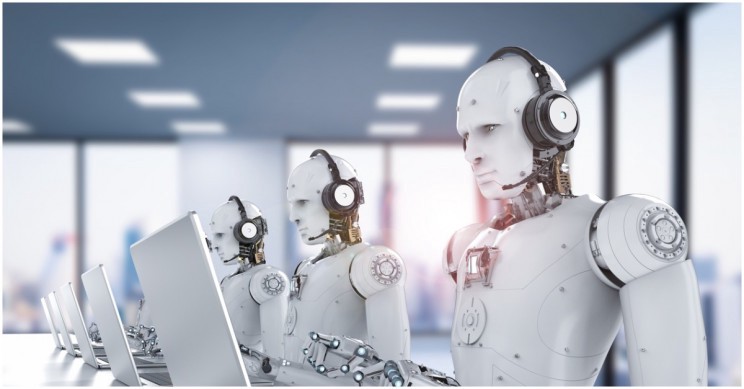1. Utopian Speculative Future of Music Production

By the year 2051 technological advancement has taken music production to levels no one would have imagined in the 20th and early 21st centuries. It was all possible through the development of holographic computers, which are extremely powerful and interconnected. A worldwide agreement was made to guarantee that every human has access to a holographic computer, which is not dependent on physical material. The computer is a highly intelligent system that operates in conjunction with the user’s mind.
Digital Audio Workstations (DAW) have become very powerful, allowing music producers to create unprecedented materials. Its features include:
• Virtual session musicians. A function that enables users to have their musical ideas performed by expert real-life musicians whose performance abilities have been algorithmically translated into the program. This has allowed anyone to be able to create pieces of high-level performance, as well as creating an interconnected community in which those who have been trained to perform can offer their services to anyone around the world.
• AI sound processing. A function that helps users achieve perfect sound processing for mixing and audio alteration. As tracks are created an AI sound assistant ensures perfect balances in levels, equalization, compression, stereo imaging, reverbs, amongst others. These balances are defined through an interface in which users determine what genre of music they are working on. The program was developed and is constantly updated by sound engineers all around the world.
• The infinite library. All existing instruments have been virtualized and can be assigned to the virtual session musicians.
• Music knowledge download. This function allows users to download theoretical knowledge into their minds, giving them the instant capacity to compose, arrange, and create in any genre of music. This was possible through the creation of mental directories built on the knowledge of expert musicians from all around the world. When humans discovered that all individual minds are part of a collective human mind, and built a download system, the dynamics of learning were revolutionized.
Hence, music production has been released from many limitations and has become an activity that is more focused on creativity and innovation. Great music productions are created through the producers’ ability to intelligently combine the different functions of modern DAWs. Similarly, given the ubiquity of holographic computers, the virtual musicians function, and the music knowledge function, everybody has the capacity to produce music and express their unique selves through this medium. The culture of music and music production around the world has become one of appreciation of ideas and equity in which technology empowers human capacity.
2. Dystopian Speculative Future of Music Production

By the year 2051 technological advancement has taken music production to levels no one would have imagined in the 20th and early 21st centuries. The advancements in Artificial Intelligence have transformed the way in which Digital Audio Workstations (DAW) operate, allowing all functions to be automated with minimal human intervention.
After all human skill was decoded to be applied using DAW’s virtual instruments, performing musicians are in extinction. This in turn changed the dynamics of the music industry, as humans are no longer at the forefront of live music performance. Instead, holographic avatars that connect to the decoded human skills system have become the idols of the entertainment business. Idolatry of non-human figures has led to many psychological, sociological, and philosophical issues, making people more alienated and unable to have empathy.
Traditional music producers are also becoming extinct as the Artificial Intelligence system of DAW is able to produce much more rapidly and commercially efficient. Powerful corporations use big data to understand sociocultural behaviors of consumption and incorporate that knowledge in DAW functionality to create pieces of monumental sales and subliminally promote their products. Hence, the music production industry is dominated by corporations that are able to use the algorithmic functions of the highly advanced DAWs alongside consumption data. This has made music a means for advertising and sales instead of channel for self-expression and artistic freedom. Even those individuals who are looking to use the DAW for creative and artistic purposes have been neglected, as the new industry dynamics have created a new type of “listener” in modern cultures, who is dominated by impulses and drives which are perfectly understood and manipulated by the corporations.
The total virtualization of musical instruments in music production software disrupted the industry and culture of musical instruments. Almost all companies that produced instruments have become extinct, as they were not able to compete with virtual instruments, which can be loaded in all devices such as phones and holographic computers, and performed through AI assisted programming. The small group of those interested in acquiring an instrument have to pay $50000 for an electric guitar or $450000 for a grand piano. Even when an instrument is acquired, the fast-paced dynamics of daily modern life makes it almost impossible for an individual to learn the instrument. Those who want to make a living in music production or music have no choice than surrender to the system and only those who are to produce for marketing and mind-control purposes succeed.